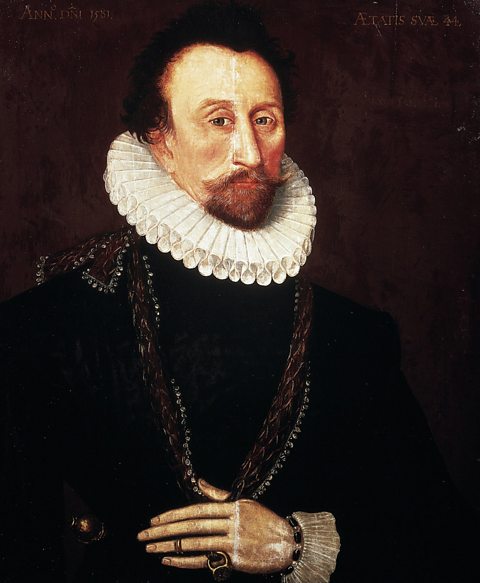More guides on this topic
- Migrants to Britain c1250 to the present overview - OCR B
- Medieval England 1250-1500 overview - OCR B
- Attitudes towards migrants in medieval England - OCR B
- The diversity of medieval migrant communities - OCR B
- Jewish communities and their expulsion from England in 1290 - OCR B
- Early Modern Britain and the world, 1500-1750 overview - OCR B
- The diversity of other European migrants, 1500-1750 - OCR B
- The Huguenots and other Protestant refugees, 1500-1750 - OCR B
- Industrial Britain, 1750-1900 overview - OCR B
- The diversity of European migrants, 1750-1900 - OCR B
- The growth of Asian and African communities, 1750-1900 - OCR B
- Migration from Ireland, 1750-1900 - OCR B
- Immigration in the Modern Era, 1900-present overview - OCR B
- Refugees and âenemy aliensâ in the Modern Era, 1900 - 1947 - OCR B
- Commonwealth immigrants in the Modern Era, 1948-present - OCR B
- Economic migrants, refugees and asylum seekers, 1945 - present - OCR B
- Migrants to Britain, c1250 to the present - exam preparation - OCR B
